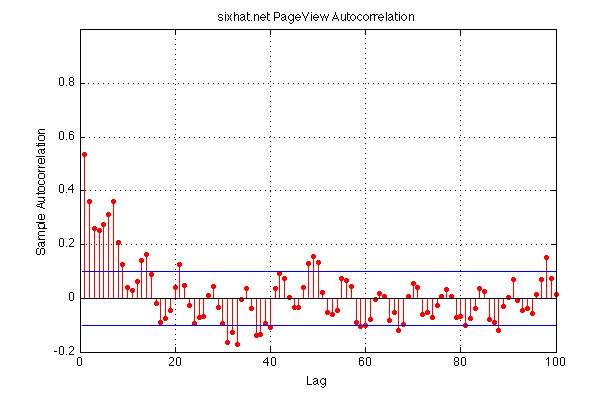
For years I’ve been arguing about the advantages of small format computers.
I even bought one of the first EeePC netbooks from Asus with it’s 7″ display (that is to small, by the way).
On the other way I never felt very interested in an iPad, although I recognise it is a beautiful piece of engineering.
I always felt that an eBook reader like the Kindle would be more suited (a Kindle fits for example the inside pocket of a coat easily while the iPad doesn’t) for a “on the road” device, while for computers an Eee or the Macbook Air would be perfect for computing.
Now, this brings me to my dilemma:
Looking at the alternatives, there are excellent machines out there that could take the Air out of the Macbook in any comparison that you could imagine.
I love the Lenovo Thinkpads and they are cheaper, more powerful and equally robust, but they can’t be found anywhere in Portugal.
On the other hand Apple has in Portugal the distribution channels that make it easy to go to a store and pick up one Macbook Air (something that few years ago was a mirage).
Also the reviews of the Macbook Air by people that really use it (not paid reviewers) rave about its qualities.
Quoting Maria João on the computer:
As for me, a demanding user of computers (home and work), I’ll say: The MBA 11’ is the best Mac I have owned so far. I love it.
Obviously she is delighted with the machine, and if you read through the review you’ll see that she points the bad points about it also.
Was the MBA enough for my demands (limited RAM, HD, ports, screen size)? No, if it was to be my only machine, I concluded. But yes, if it was to become the iMac’s sidekick.
The things that worry me the most is the glossy screen and probably the price of the high end 11″ macbook air vs. its performance.
I don’t worry much about the 13″ version as I wouldn’t ever buy it.
Then I have another problem: computers overload. I have a MBP from 2008, a Toshiba from 2008, a EeePC from 2008, an iMac from 2010…
Do I really need another computer?
Can I justify the price?
Hm, decisions, decisions…
